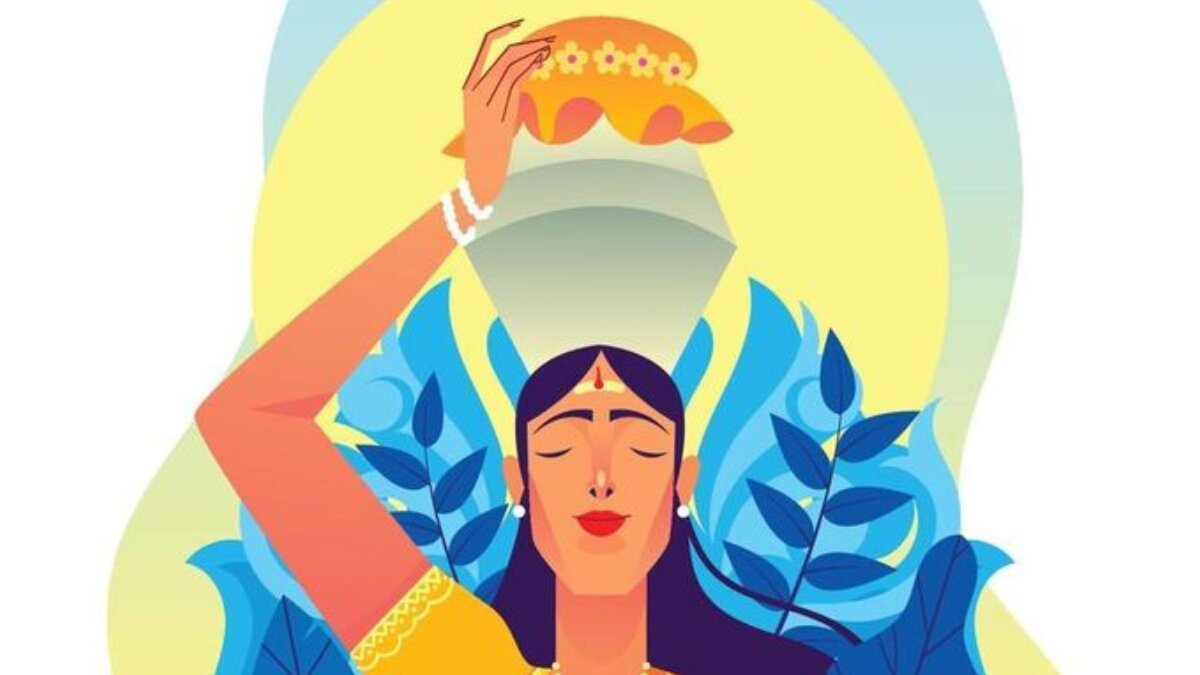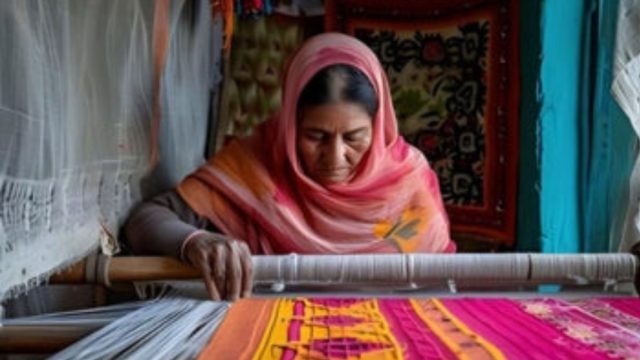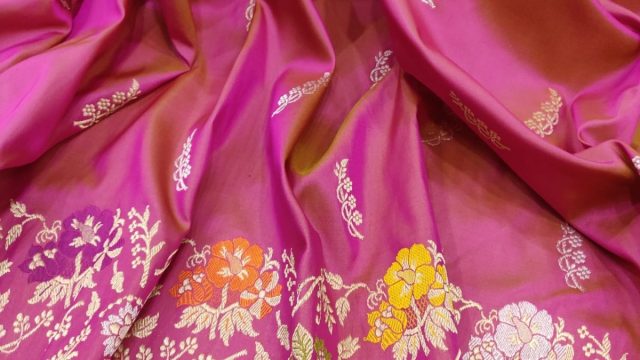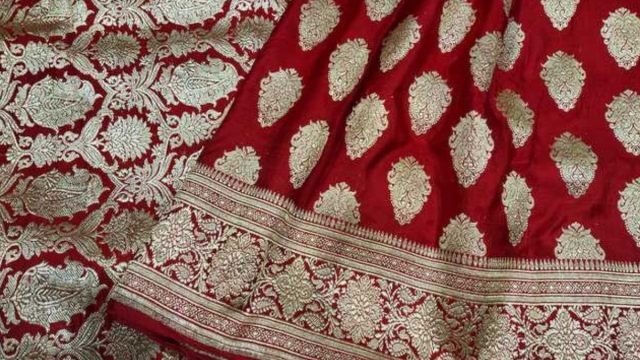In India, a country known for its rich cultural tapestry, many traditions have evolved to honor, empower, and celebrate women. These customs, rooted in ancient beliefs and practices, showcase the diverse ways in which women are revered across regions, languages, and religions. Here are some of the top Indian traditions that have historically celebrated women and continue to do so today.
1.Navratri:
Navratri, observed across India in various forms, celebrates the divine feminine. Over nine days, people worship different forms of Goddess Durga, each representing power, beauty, and wisdom. The festival also brings the spotlight to women’s leadership and achievements, with many communities hosting cultural performances, empowering speeches, and celebrations that honor women’s contributions to society.
2. Raja Parba:
Celebrated in Odisha, Raja Parba is a unique festival dedicated to the menstrual cycle of Mother Earth, celebrating femininity and fertility. During these days, young girls and women enjoy special treatment, receive gifts, and participate in folk games and activities. It serves to normalize and honor menstruation as a natural, sacred process, fostering awareness and respect for women’s health.
3. Ritusuddhi (Ritu Kala Samskara)
In many parts of South India, a girl’s first menstruation is celebrated as a rite of passage in a ceremony known as Ritusuddhi or Ritu Kala Samskara. The ceremony marks her transition into womanhood, and the family holds a celebration where the girl is showered with blessings and gifts. This tradition, though evolving over time, highlights the cultural respect for a girl’s natural development and emphasizes family support in a crucial phase of her life.
4. Kanya Pujan (Kanjak):
During Navratri, Kanya Pujan is a ritual where young girls are worshipped as incarnations of the goddess Durga. Families invite girls, usually under the age of ten, to their homes, wash their feet, and offer them food, gifts, and blessings. This tradition aims to remind society of the divine potential within every girl, emphasizing the value of girl children and fostering a culture of respect for women from a young age.
5. Attukal Pongala:
Held annually in Kerala, Attukal Pongala is one of the largest gatherings of women globally. Women cook a sweet offering called Pongala to honor the goddess Attukal Devi. The festival is a powerful symbol of female solidarity, unity, and empowerment, as millions of women gather to pray and celebrate together.
From family rituals to large community gatherings, these Indian traditions place women at the center of celebration and honor. They remind society of the respect and reverence women deserve, celebrating their roles not only as daughters, wives, and mothers but also as embodiments of strength, wisdom, and grace. Today, these customs continue to evolve, embracing modern ideals of equality and inclusivity while preserving the timeless values of love, respect, and unity.




